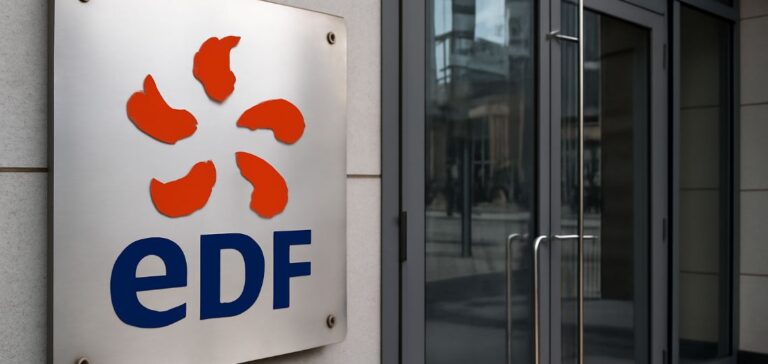Electricité de France (EDF) and asset management firm Siparex have announced the launch of a second investment fund dedicated to the nuclear sector, as disclosed on May 13. Named Fonds France nucléaire 2 (FFN2), the fund targets a capitalisation of €300 million ($324mn) to support the growth of subcontractors and suppliers involved in future nuclear projects in France.
The FFN2 follows on from the initial Fonds France nucléaire, launched in 2021 and concluded at the end of 2024 after backing 11 companies in the industry. This new fund is aimed primarily at small and medium-sized enterprises (SMEs) and intermediate-sized enterprises (ETIs) with critical technical know-how. According to the joint statement, the objective is to address “growing needs of the sector” in a context of “industrial and energy sovereignty”.
Participation of key French nuclear players
The first funding round secured €100 million ($108mn), contributed notably by EDF, Framatome, Orano, TechnicAtome, and Siparex Associés. The fund may invest up to €50 million ($54mn) in a single company, depending on the strategic distribution of future operations. The fund’s promoters also intend to attract additional institutional, industrial and private investors.
EDF and Siparex confirmed that the FFN2 has already made its first investment. This involved taking a stake in Ekoscan Integrity Group, a global specialist in advanced non-destructive testing technologies for critical infrastructure. The transaction was carried out alongside the company’s founder, Eurazeo, and ALIAD, the venture capital arm of the Air Liquide Group.
A lever to meet the scale of the EPR2 programme
The French government plans to construct six EPR2 nuclear reactors, a project announced in 2022. According to published figures, this programme could require up to €100 billion ($108bn). The scale of investment involved is prompting stakeholders to seek greater mobilisation of private capital to secure supply chains and reinforce industrial competencies.
The nuclear sector currently employs 220,000 people across more than 2,000 companies in France. It ranks as the country’s third-largest industrial sector, according to the EDF and Siparex statement. The launch of FFN2 is intended to ensure that the nuclear value chain can meet growing demand for components, engineering, and specialised services in the coming decades.






















